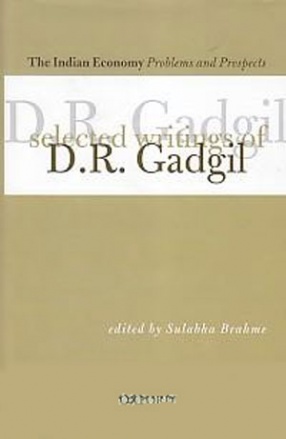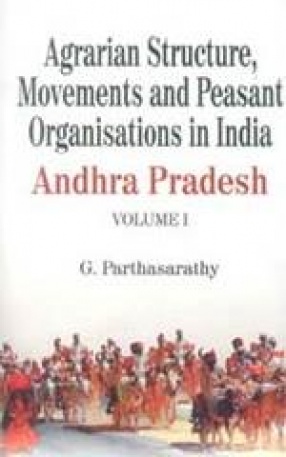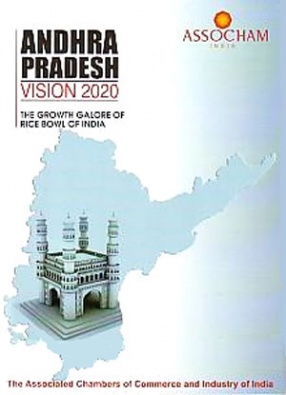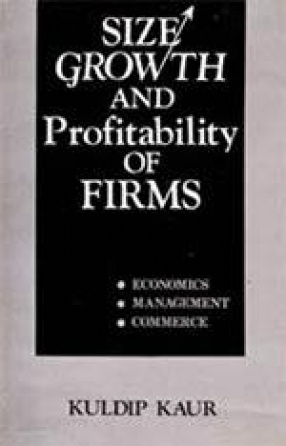D.R. Gadgil (1901-1971) was an eminent economist and an intellectual pioneer of planning in India. This volume, which comprises of his writings and speeches between 1951 and 1970, has both historical value as well as contemporary relevance. The writings provide a critical assessment of Indian economic problems and the Indian development experience in a historical perspective, and are firmly grounded in the specific characteristics of Indian social reality. The basic principles advocated by Gadgil-planning with regulatory frame, food self-sufficiency, and employment orientation of planning-are significant even today for achieving 'inclusive growth'.
The essays are organized into eight sections and are arranged chronologically within each section. The first three sections deal with the rationale of planning, approach to planning, issues and challenges to planning in India, and the different aspects of planning at the regional level. This is followed by three sections that cover specific questions in the sphere of industrial development, village industries, agricultural development, price policy, income policy, cooperative finance, sugar cooperatives, and cooperative social order. The seventh section discusses social and economic challenges in relation to change and development in new states. The last section includes reflections by eminent scholars on the relevance of Gadgil's social philosophy and approach to planning under changing conditions in India. This volume also includes an introduction to Gadgil's social philosophy and economic praxis and a biographical note.






There are no reviews yet.